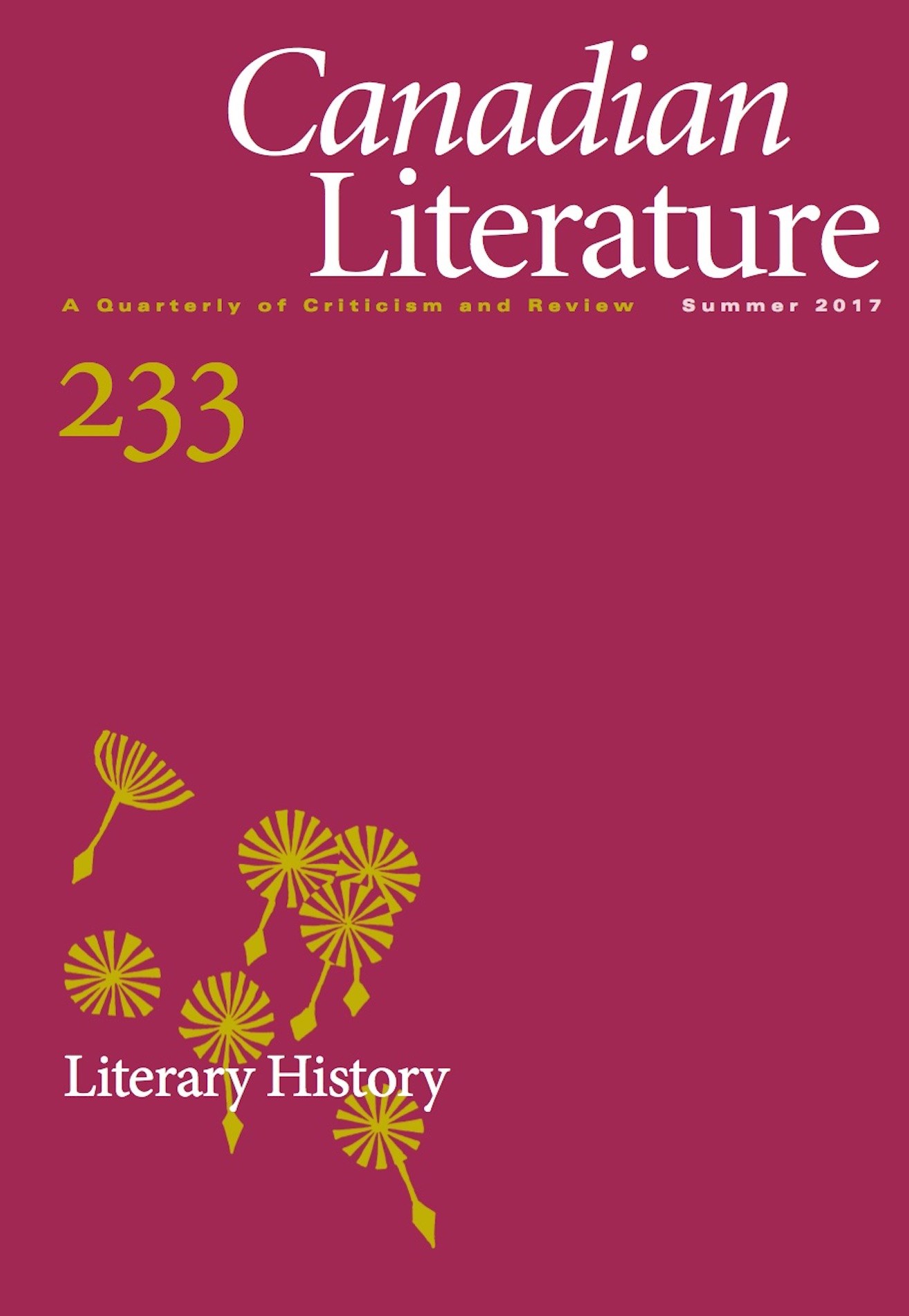The Trope of the Translator: (Re)Writing History in Heather O’Neill’s The Girl Who Was Saturday Night and Claire Holden Rothman’s My October
DOI:
https://doi.org/10.14288/cl.v0i233.189210Abstract
This essay focuses on two novels that deal with major cultural clashes in Quebec: Heather O’Neill’s The Girl Who Was Saturday Night (2014), set on the eve of the 1995 referendum, and Claire Holden Rothman’s My October (2014), which considers the October Crisis of 1970. Rather than shore up the divisions traditionally associated with these events, I argue that both novels encapsulate the anglophone desire for rapprochement within the context of Quebec’s evolving social and political dynamics.
They do so, first, by criticizing sovereigntist ideology, which both writers depict as an outmoded and divisive product of the past. They then attempt to represent and bridge the gap between cultures through translation, which is a structuring element of Saturday Night and a driving theme in My October. While both novels highlight the inherent dangers of misunderstanding or uneven power dynamics, I contend that their ultimate endorsement of translation reveals a distinctly anglophone optimism regarding the possibility of reconciliation.


